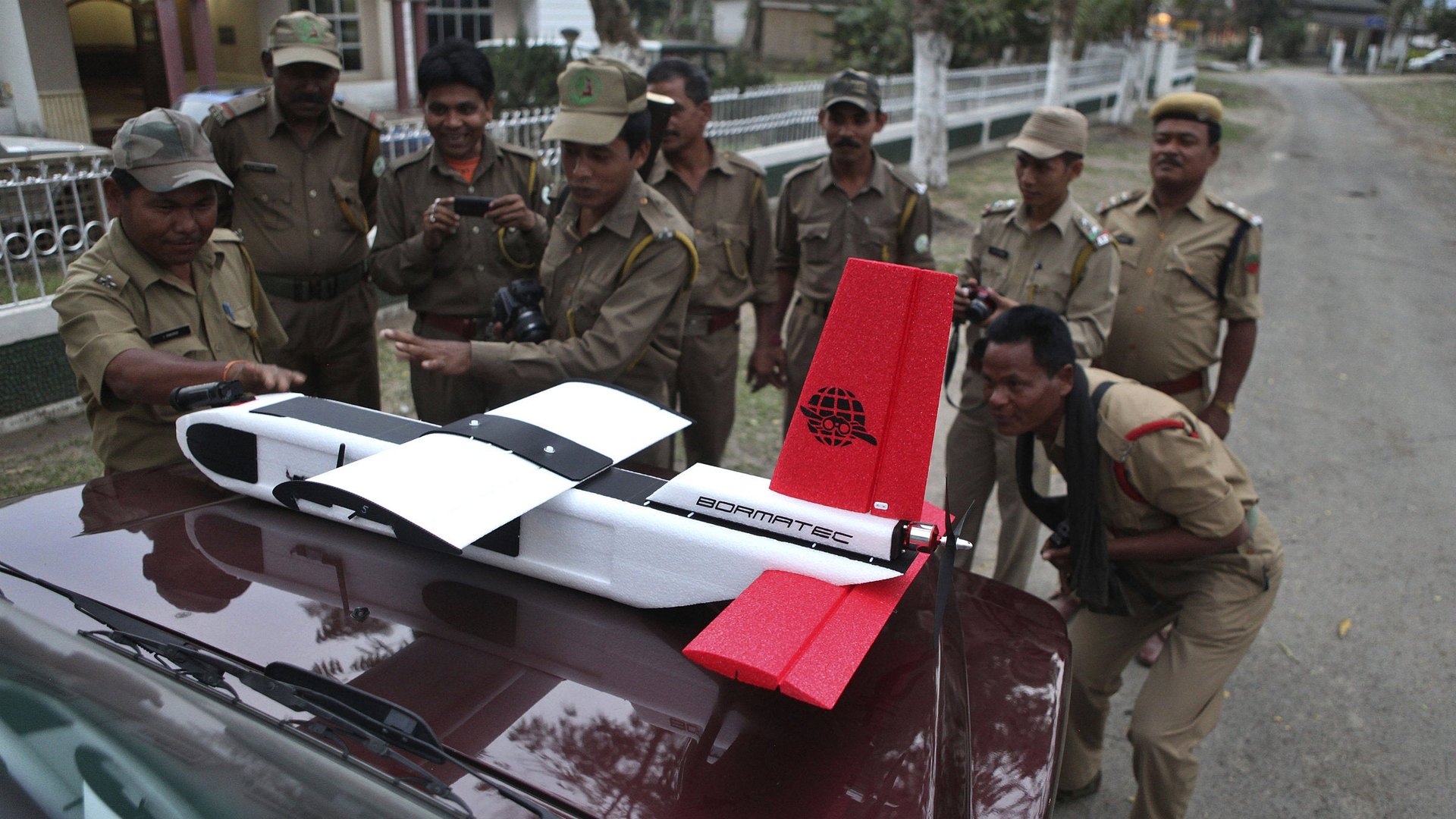Eric Schmidt is using the same argument against drones that others use against Google Glass
Eric Schmidt is worried about drones. In an interview with Guardian editor Alan Rusbridger published last weekend (but not yet available online), he said non-military drones should be strictly regulated. The BBC cites Schmidt as saying, “How would you feel if your neighbour went over and bought a commercial observation drone that they can launch from their backyard. It just flies over your house all day. How would you feel about it?”


Eric Schmidt is worried about drones. In an interview with Guardian editor Alan Rusbridger published last weekend (but not yet available online), he said non-military drones should be strictly regulated. The BBC cites Schmidt as saying, “How would you feel if your neighbour went over and bought a commercial observation drone that they can launch from their backyard. It just flies over your house all day. How would you feel about it?”
It’s not Schmidt’s argument that is the problem here. Of course regulating thousands of unmanned aircraft flying about over our heads is a good idea, for safety reasons if nothing else. Nor is it a particularly big deal that the executive chairman of Google worries about a technological innovation which collects information about you and over which you have no control. If anybody should know when to be concerned about that, it’s Schmidt.
No, what’s ironic is that Schmidt uses the same rhetorical tool that Google’s opponents deploy every time the company rolls out a new product: raise a scare about it because it’s new and could potentially be used to do bad things.
So it is with the augmented-reality eyeshade known as Google Glass. Campaigns to ban its use are already starting. One group worries that Glass is only the first step to all of us becoming full-fledged cyborgs. Some argue that it will essentially end privacy as we know it. An attention-seeking Seattle bar has preemptively prohibited the use of Glass on its premises.
In their forthcoming book “The New Digital Age”, Schmidt and his writing partner Jared Cohen take a similar line on drones. They imagine horrible things— such as raging battles between drug cartels and armed forces in the skies over Mexico. Echoing that fear in his interview with the Guardian, Schmidt suggests that drones may “democratise the ability to fight war to every single human being.” But we are still discovering the wonderful things drones can be used for. To cause alarm now would be be restrict a fascinating new technology in its infancy—which is just how one might defend Google Glass.
In any case, drones are hardly the only way to wage war or spy on our neighbours. Just today AFP reports that security forces along India’s border with Pakistan found an unmanned aerial surveillance unit on the desert floor. It was a falcon kitted out with a camera and antenna.